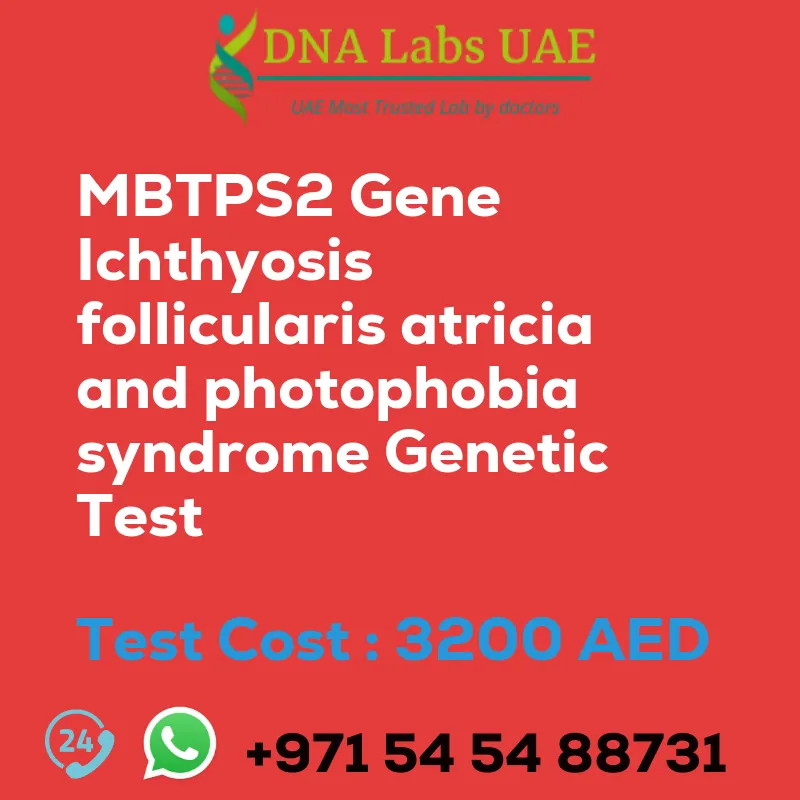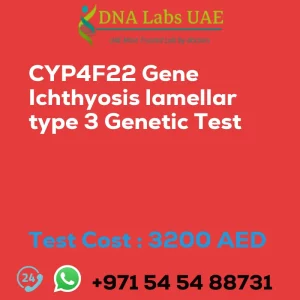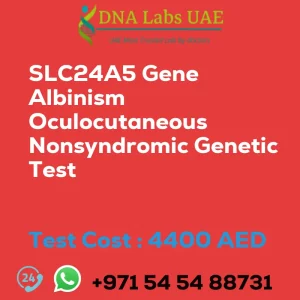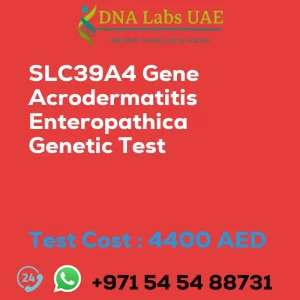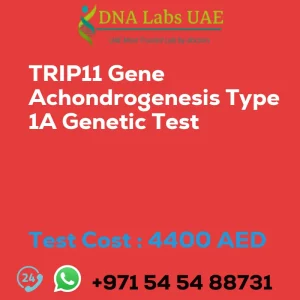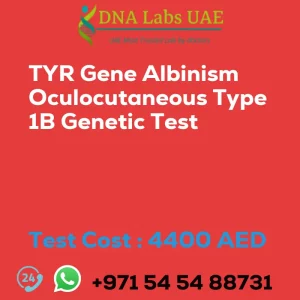MBTPS2 Gene Ichthyosis Follicularis Atricia and Photophobia Syndrome Genetic Test
Test Name: MBTPS2 Gene Ichthyosis Follicularis Atricia and Photophobia Syndrome Genetic Test
Components: Blood or Extracted DNA or One drop Blood on FTA Card
Price: 3200.0 AED
Report Delivery: 3 to 4 Weeks
Method: NGS Technology
Test Type: Osteology Dermatology Immunology Disorders
Doctor: Dermatologist
Test Department: Genetics
Pre Test Information: Clinical History of Patient who is going for MBTPS2 Gene Ichthyosis Follicularis, Atricia, and Photophobia Syndrome NGS Genetic DNA Test. A Genetic Counselling session to draw a pedigree chart of family members affected with MBTPS2 Gene Ichthyosis Follicularis, Atricia, and Photophobia Syndrome NGS Genetic DNA Test gene MBTPS2.
Test Details: The MBTPS2 gene is associated with a rare genetic disorder called Ichthyosis Follicularis, Atrichia, and Photophobia Syndrome (IFAP syndrome). IFAP syndrome is characterized by a combination of symptoms including thickened, scaly skin (ichthyosis), absence of hair (atrichia), and extreme sensitivity to light (photophobia). NGS (Next-Generation Sequencing) genetic testing is a method used to analyze multiple genes simultaneously and identify variations or mutations that may be responsible for a particular genetic disorder. In the case of IFAP syndrome, NGS genetic testing can be used to identify mutations in the MBTPS2 gene that are associated with the condition. By analyzing the MBTPS2 gene, NGS genetic testing can help confirm a diagnosis of IFAP syndrome in individuals with symptoms suggestive of the disorder. It can also be used for carrier testing in individuals who have a family history of IFAP syndrome and are considering having children. Genetic testing can provide valuable information for individuals and families affected by IFAP syndrome, including guidance for management and treatment options. It can also aid in genetic counseling and family planning decisions. It is important to consult with a healthcare professional or genetic counselor for more information and guidance regarding NGS genetic testing for IFAP syndrome.
| Test Name | MBTPS2 Gene Ichthyosis follicularis atricia and photophobia syndrome Genetic Test |
|---|---|
| Components | |
| Price | 3200.0 AED |
| Sample Condition | Blood or Extracted DNA or One drop Blood on FTA Card |
| Report Delivery | 3 to 4 Weeks |
| Method | NGS Technology |
| Test type | Osteology Dermatology Immunology Disorders |
| Doctor | Dermatologist |
| Test Department: | Genetics |
| Pre Test Information | Clinical History of Patient who is going for MBTPS2 Gene Ichthyosis follicularis, atricia, and photophobia syndrome NGS Genetic DNA Test. A Genetic Counselling session to draw a pedigree chart of family members affected with MBTPS2 Gene Ichthyosis follicularis, atricia, and photophobia syndrome NGS Genetic DNA Test gene MBTPS2 |
| Test Details |
The MBTPS2 gene is associated with a rare genetic disorder called Ichthyosis follicularis, atrichia, and photophobia syndrome (IFAP syndrome). IFAP syndrome is characterized by a combination of symptoms including thickened, scaly skin (ichthyosis), absence of hair (atrichia), and extreme sensitivity to light (photophobia). NGS (Next-Generation Sequencing) genetic testing is a method used to analyze multiple genes simultaneously and identify variations or mutations that may be responsible for a particular genetic disorder. In the case of IFAP syndrome, NGS genetic testing can be used to identify mutations in the MBTPS2 gene that are associated with the condition. By analyzing the MBTPS2 gene, NGS genetic testing can help confirm a diagnosis of IFAP syndrome in individuals with symptoms suggestive of the disorder. It can also be used for carrier testing in individuals who have a family history of IFAP syndrome and are considering having children. Genetic testing can provide valuable information for individuals and families affected by IFAP syndrome, including guidance for management and treatment options. It can also aid in genetic counseling and family planning decisions. It is important to consult with a healthcare professional or genetic counselor for more information and guidance regarding NGS genetic testing for IFAP syndrome. |

